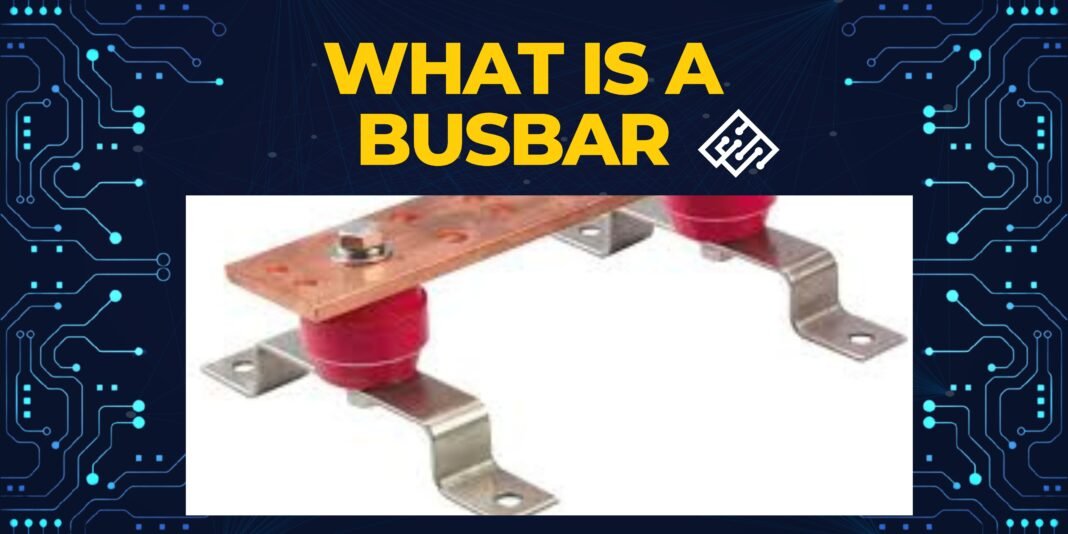The Backbone of Demystifying Busbars Electrical Distribution
In this new era of electrical systems, this term “busbar “has frequently emerged, that is why it is often discussed in the context of power by distribution and transmission. But what exactly a busbar means, and why it is indispensable in electrical engineering.
What is a Busbar means?
Busbar means at its heart core to be defined as a busbar is a metallic strip or bar that is typically made of some metal like copper or aluminum, it is often used to conduct substantial electric currents within a confined space. By thinking of it as the highway through which electricity flows within an electrical system and by connecting various components such as electrical generators, transformers, circuit breakers, and distribution boards.
Key Functions and its Types
Conductivity of Busbar means
There is to some extent, the primary role of a busbar is to efficiently conduct electricity from one point to another with minimal resistance. In fact, Copper and Aluminum, due to their excellent conductivity in properties, are the preferred materials for busbars.
Busbar Distribution
Moreover, the large-scale of electrical systems, busbars give as distribution channels, by dividing incoming electrical power into smaller currents for further distribution to different areas or loads.
Busbar Connection
In electrical engineering, busbars work as connectors by facilitating the interconnection of various electrical components. Such busbars provide a robust and stable platform for joining cables, wires, and other electrical devices.
Flexibility in Busbars
Can be designed in various shapes and configurations to suit specific application requirements. Common forms include tubular bars, flat bars and sandwich bars, each type of busbar offers unique and distinct advantages in terms of space utilization, cooling efficiency, and current-carrying capacity.
Voltage Control
By incorporating insulation or segmentation techniques, busbars can manage different voltage levels within a single system, ensuring safe and reliable operation.
Types of Busbars
Main Busbar
The first type of busbar is found in the power of distribution in many panels and switchboards. These main busbars receive power supply from the primary source and distribute it to various branches of circuits.
Riser Busbar Type
This typically installed vertically within switchgear or by distribution boards, the riser busbars are connected by the main busbar to individual circuit breakers or fuses.
Unique Plugin Busbar
This busbar utilizes panel boards and modular switchgear this plugin busbars allow for urgent and quick connection of circuit breakers or other modular components.
Applications
Busbars find application across diverse industries and sectors, including:
Industrial Plants
In power distribution plants, busbars are given within the manufacturing facilities, processing plants and refineries.
Commercial Buildings
In electrical engineering in panels and in distribution boards of shopping malls, office buildings, plazas, and hospitals.
Renewable Energy
Busbar is interconnected by solar inverters, by wind turbines, and by battery storage systems.
Transportation
Power supply systems in railways, ships, and electric vehicles.
Data Centers
Distribution of backup power and critical loads within server rooms and data facilities.
Conclusion
On the whole, busbar has frequently emerged, that is why it is often discussed in the context of power by distribution and transmission. Busbars has played a vital role in modern electrical systems by serving as the root cause or backbone for power supply and distribution by transmission. With this capability to efficiently conduct high currents, it facilitates interconnections, and by adaptation to diverse applications, busbars are indispensable components by ensuring the pure, safe, reliable operation of electrical infrastructure across various industries worldwide.



